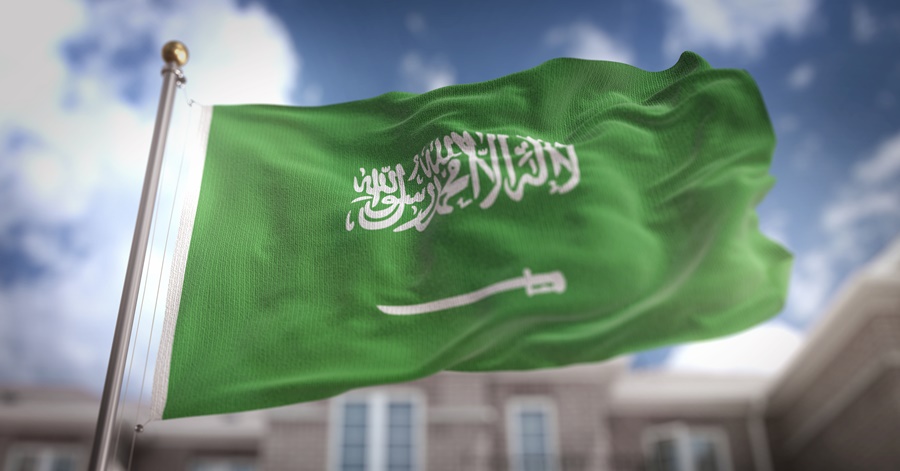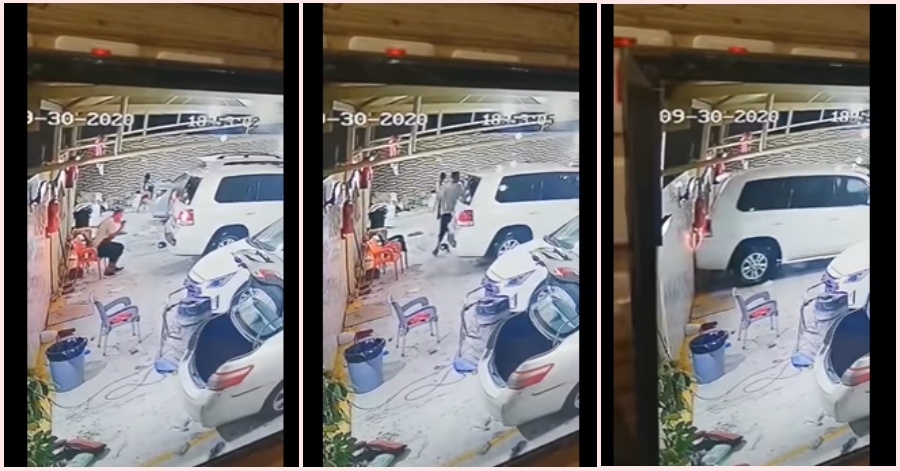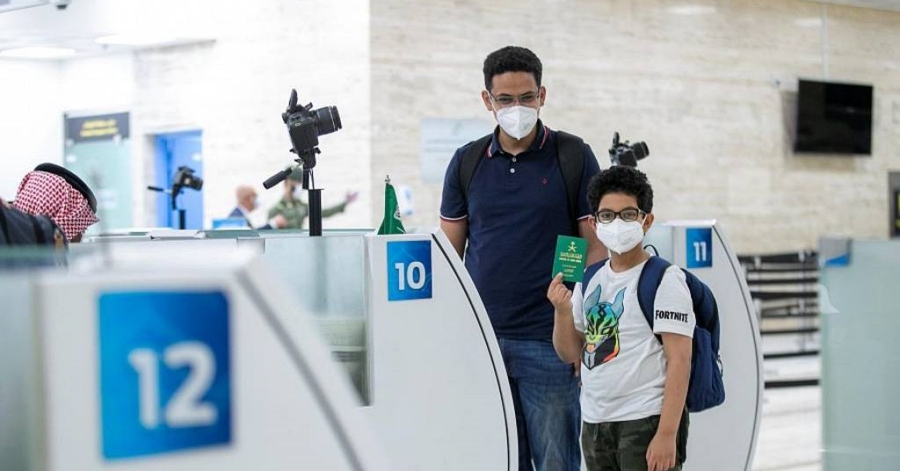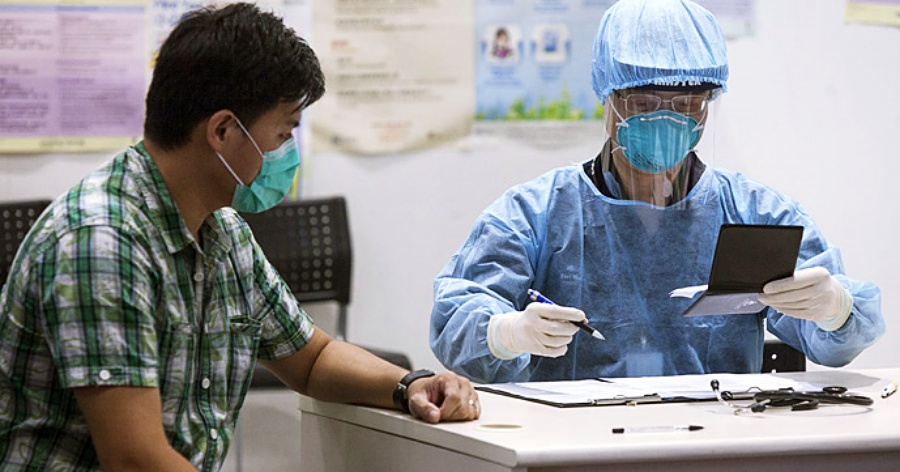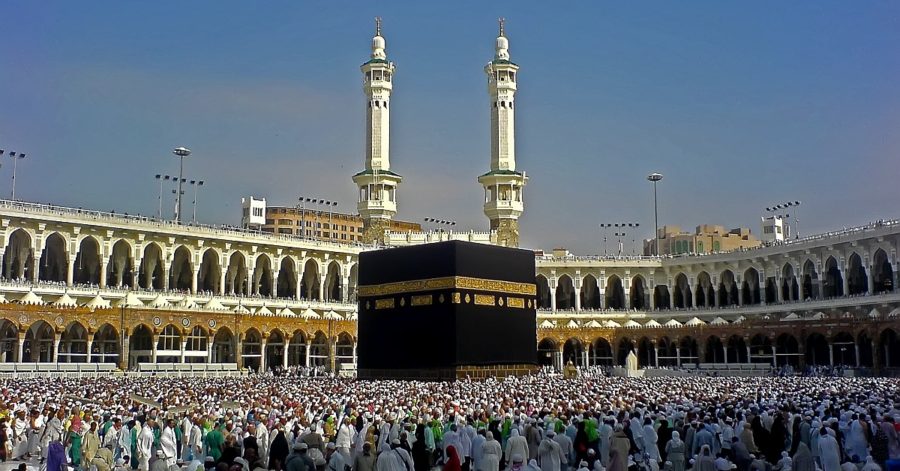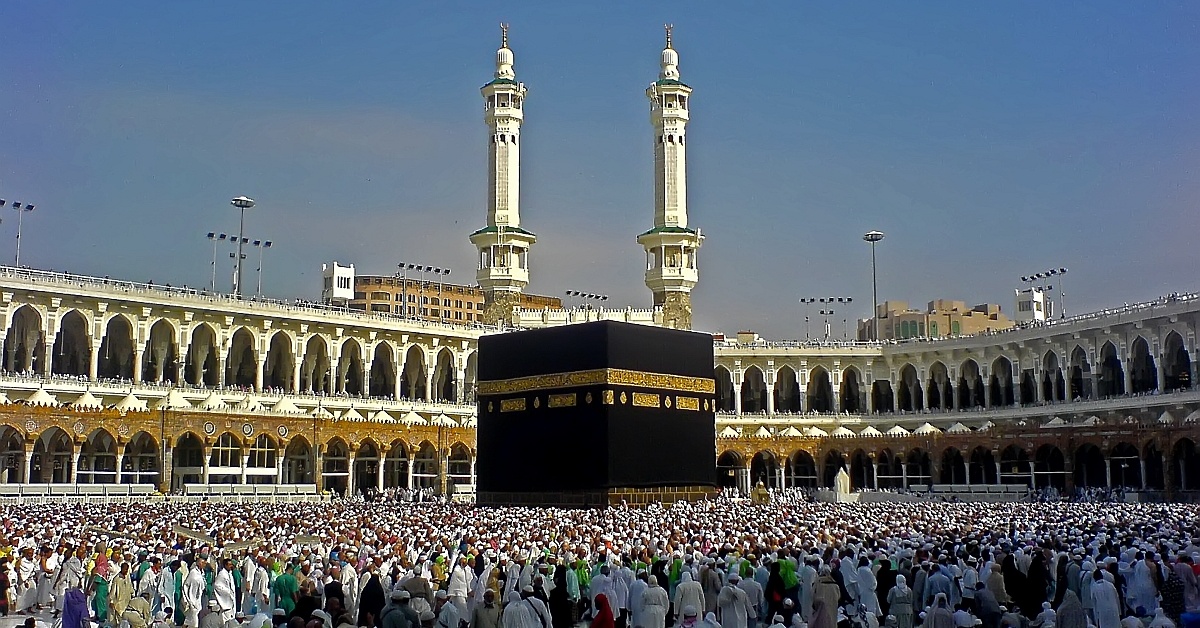There are millions of foreign workers living and working in the Middle East, including overseas Filipino workers (OFWs) and other expats. When it comes to human trafficking, they can always turn to the embassies or diplomatic missions of their home countries.
In addition, foreign workers can also seek help from the government of the host countries themselves. Pursuant to anti-trafficking laws in each country, there are organizations, shelters, and other related agencies that work hand-in-hand in fighting against human trafficking crimes.
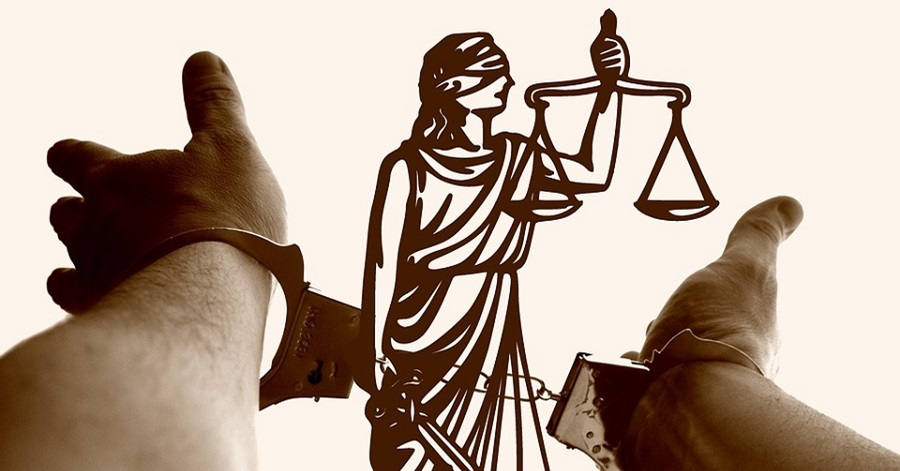
Combating Human Trafficking in the Middle East
In today’s post, we take a look at how some countries in the Middle East — particularly the United Arab Emirates, Bahrain, Saudi, and Qatar — have been combating human trafficking and related crimes.
United Arab Emirates (UAE)
The UAE has introduced several anti-trafficking laws over the years, starting with Federal Law No. 51 of 2006, which was later amended by Federal Law No. 1 of 2015. The law imposes a minimum fine of AED 100,000 at least five years in jail for perpetrators of human trafficking.
In 2007, the National Committee to Combat Human Trafficking (NCCHT) was established to coordinate efforts across the seven emirates. The government has also established Ewa’a Shelters all over the country to care for women and children who are victims of sexual abuse and human trafficking.
In the emirate of Sharjah, the Women’s Protection Centre of the Social Services Department of the Government of Sharjah launched a website and toll free number (800-800-700), which anyone can call for help. The centre provides legal, social, and psychological counseling, and even family consultations for domestic abuse cases.
Likewise, in the emirate of Dubai, the Dubai Foundation for Women and Children (DFWAC) was established in 2007 as the first licensed, non-profit shelter in the country for women and children who are victims of domestic violence, abuse, and human trafficking crimes.
As for the Dubai Police, they have a General Directorate for Human Rights Protection, which provides legal, social, and psychological support to human trafficking victims. The agency also offers temporary shelter and temporary visas to victims who need support until they can return to their home countries.
The Dubai Police has also established the Human Trafficking Crime Control Centre, which accepts calls through +971 4 608 2347 and through the following contact details:
Human trafficking cases hotline: 8007283
Labour complaints hotline: 8005005
Fax number: +971 4 217 1644
Email address: [email protected].
Kingdom of Bahrain
To combat human trafficking, the Labour Market Regulatory Authority (LMRA) in Bahrain has established a national trafficking hotline, centre, and shelter for victims of trafficking in persons.
Victims — as well as witnesses — of human trafficking are encouraged to call the national trafficking hotline, 995. They can also go directly to Northern Sehla, where they will find the Expat Protection Centre and Shelter.
The Expat Protection Centre and Shelter was established in 2015 by the LMRA, as part of the Bahrain government’s commitment to protecting and preserving the rights of overseas workers in the Kingdom. The functions of the centre include the following:
- Identification, support, and follow-up of human trafficking victims and cases;
- Provision of complete services to victims as well as potential victims of human trafficking; and
- Provision of legal counseling, medical services, and mental health services to victims.
Kingdom of Saudi Arabia
Pursuant to Council of Ministers Decision No. 207 of 12th September 2005, Saudi Arabia established the Human Rights Commission (HRC), which is the government body responsible for issuing advice and opinion on human rights matters in the Kingdom.
In 2009, pursuant to Council of Ministers Decision No. 244, Saudi Arabia also established the Anti-Trafficking in Persons Committee, which is headquartered at the HRC.
More recently, in 2019, Saudi government, through the HRC and the Anti-Trafficking in Persons Committee, met with the International Organization for Migration (IOM) to sign a memorandum of understanding on the prevention of human trafficking. In the same year, the committee held a meeting with IOM, the United Nations Office on Drugs and Crime (UNODC), and other government agencies.
During the meeting, they discussed several measures for preventing and addressing human trafficking cases. These measures include the provision of technical and administrative expertise on the part of UNODC, as well as the establishment of legal, financial, and moral support services for the victims of human trafficking.
Kingdom of Qatar
Pursuant to Decree Law No. 38 for 2002, the National Human Rights Committee (NHRC) in the Kingdom of Bahrain was established. It was later re-organized in accordance to Decree Law No. 17 for 2010, thus confirming the committee as a permanent official body that addresses human trafficking crimes.
In addition, the Kingdom has introduced other related laws: Law No. 21 for 2011 on Human Trafficking; Law No. 21 for 2015, which put an end to Bahrain’s Kafala system; and Law No. 15 for 2017, which pertains to the rights and protection of domestic workers. Moreover, the National Committee for Combating Human Trafficking (NCCHT) was also established.
The NCCHT opened the Human Care Centre last year. Notably, this centre offers:
- Help and protection for human trafficking victims;
- Assistance in the victims’ rehabilitation and integration into society; and
- Temporary employment until the victim is able to return to his/her home country.
Victims of human trafficking are encouraged to file complaints through the NCCHT website as well as through Qatar’s security department. The different departments work hand-in-hand, placing the victim at the Human Care Centre and providing extensive assistance including legal, financial, and moral support services.
If you are a foreign worker in the Middle East, or a job-seeker planning to work in the region, make sure that you know the anti-trafficking laws in your host or target country. By keeping them in mind, you become more aware of your rights as a person and as an employee, and you will know how to act when such rights are being violated — yours as well as those of your fellow workers.
DISCLAIMER: The above guide is presented for information-sharing purposes only. To know more about anti-trafficking laws and programs in the said countries, please visit the UAE Government Portal or the official websites of the Labour Market Regulatory Authority (LMRA) in Bahrain, the Human Rights Commission (HRC) in Saudi Arabia, and the National Human Rights Committee (NHRC) in Qatar.
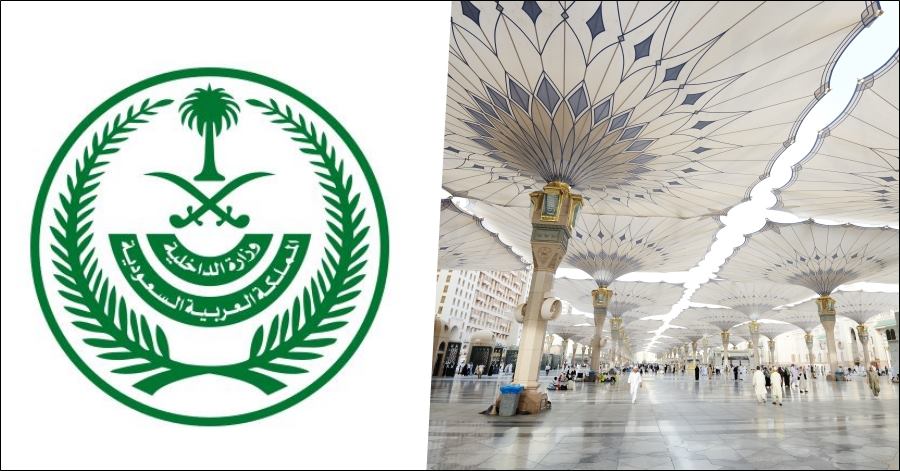

![[LOOK] Saudi Gov’t Launches Free COVID-19 Vaccination Drive for Public](https://middleeast247.com/wp-content/uploads/2020/12/saudi-public-vax1.jpg)
![[LOOK] Saudi Gov’t Launches Free COVID-19 Vaccination Drive for Public](https://middleeast247.com/wp-content/uploads/2020/12/residents-vaccinated.jpg)
![[LOOK] Saudi Gov’t Launches Free COVID-19 Vaccination Drive for Public](https://middleeast247.com/wp-content/uploads/2020/12/covid-19-vaccine.jpg)
![[LOOK] Saudi Gov’t Launches Free COVID-19 Vaccination Drive for Public](https://middleeast247.com/wp-content/uploads/2020/12/phase-1-vaccination.jpg)
